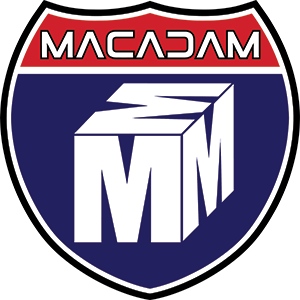Here’s what to expect once you have scheduled your CASp inspection.
Pre-Inspection Review
Your assigned CASp inspector will review any and all available information regarding your facility’s design, layout, and construction plans.
On-site Inspection
Your inspector will then visit the facility in person to assess its accessibility. During the inspection, they may examine both exterior and interior as necessary, including parking lots or structures, entrances, pathways, restrooms, seating areas, signage, etc. They may use measuring tools, take photos, and will use checklists to document confirm proper accessibility or note any areas of concern, if applicable.
Identification of Compliance Issues
Any areas that are in non-compliance will be identified and documented. Some common examples include inadequate number of accessible parking spaces, issues with ramps or access aisles, or signage not meeting size or height requirements.
Documentation and Report
Your CASp inspector will compile their findings into a comprehensive report, detailing areas of non-compliance with recommendations on remediation measures. This report may include photos, measurements, descriptions of issues, and references to applicable ADA regulations.
Remediation Recommendations
In your CASp inspection report, your certified inspector will outline recommended corrective actions to bring your facility up to compliance with ADA requirements. Some common remediation measures include modifications to striping, alterations of pathways, installation of proper signage, or grading to the appropriate slope.
Consultation and Planning
Your inspector will review the report with you to discuss potential solutions, working alongside you to find the best possible solution to address your concerns, taking your budget and timeline into account.
Remediation and Follow-up
Whether you choose to have Macadam Construction implement your corrections, or should you choose to work with another contractor, it’s recommended to continue working alongside your CASp inspector throughout the remediation process to ensure that all changes are in line with ADA requirements. A follow-up inspection is recommended after remediation is completed to verify that the proper corrective actions have been implemented.
CASp Certification
Once your facility had successfully addressed all identified issues and meets ADA standards, you will now be eligible for CASp certification.
CASp certification signifies that the facility has undergone a comprehensive inspection by a certified professional and is considered accessible to individuals with disabilities.


